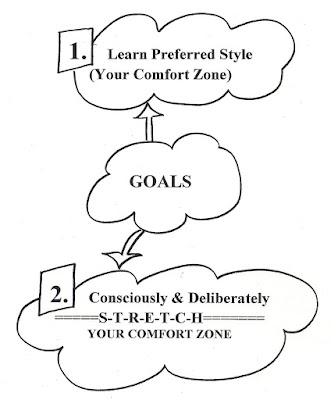BE
'Within you, there is a stillness and a sanctuary to which you can retreat at anytime and be yourself.' Herman Hesse
WITHIN YOUR HEART KEEP ONE STILL SECRET SPOT
'He was taught by the river. Incessantly, he learned from it. Most of all, he learned from it to listen, to pay close attention with a quiet heart, with a waiting, opened soul, without passion, without a wish, without judgement, without an opinion.' Herman Hesse on Siddartha
BECOME
'They both listened silently to the water, which to them was not just water, but the voice of life, the voice of Being, the voice of perpetual Becoming.' Herman Hesse
For more than 30 years, Susan Meyerott has been helping people lighten up and step over invisible barriers to change one step at a time. She speaks to your heart, puts you at ease, and makes changing easier than ever before.








































